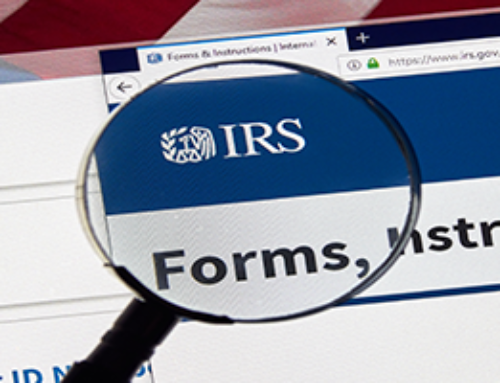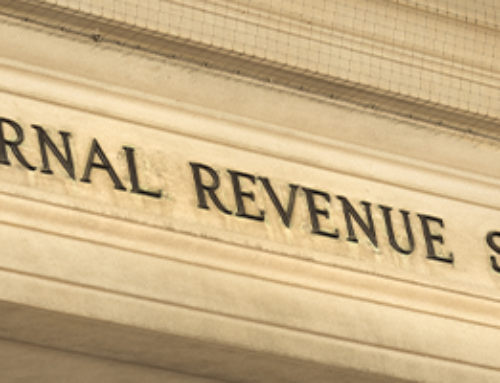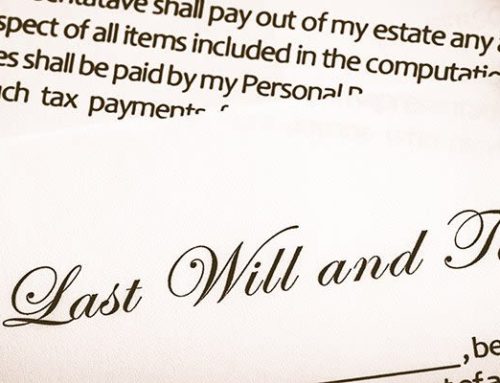If you feel like your debt has gotten out of control, you may be considering all your options to remedy the problem. Debt consolidation is an appealing option to many people because it allows them to take all their debts and combine them into one payment. Also, the debt consolidation loan may have a lower interest rate than some of the original debts had.
However, debt consolidation is not always the best way to manage debt. Although debt consolidation may mean you have lower monthly payments. This is often because the debt consolidation loan has a longer repayment period, but a longer repayment period could result in you paying more money in the long run.
When to Consider Other Options
Depending on your credit score, you may not be able to qualify for a low interest rate for a loan. This may only make it harder to repay your debts. If you are not able to qualify for a lower interest rate, it may not be advantageous to consolidate your debt.
It may also not be a good option if you will not be able to afford the payments of your consolidated debts. If your payments on the consolidated debts are too high, you will probably not be successful in paying back your debts. Depending on how you consolidated your debts, you could also risk losing your car or home as collateral if you cannot keep up with your payments.
It may be worth considering other debt management strategies if:
-
You are not able to prevent excessive debt from accumulating again
-
You do not qualify for a lower interest rate than you already have
-
You cannot afford the monthly payments on consolidated debt
-
Your debts are more than 40% of your gross income
If your debts are too overwhelming for debt consolidation to make sense, you may consider your options for filing bankruptcy. The best debt management strategy varies depending on each unique situation. However, bankruptcy could offer the fresh start you need to get back on your feet.





